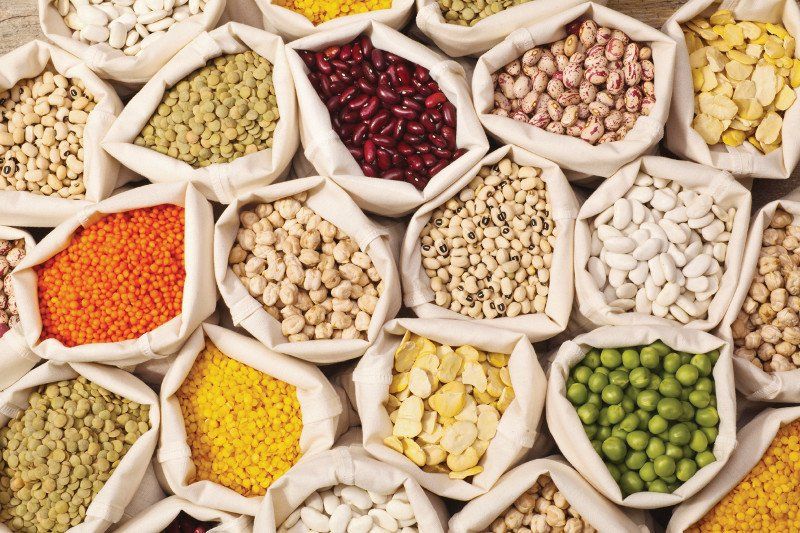Clean Label and Plant Ingredients Are Top Trends for 2017, Says Innova Market Insights
Innova Market Insights shares its top trends to watch in 2017, including personalized nutrition, sweetening without added sugars, ethnic cuisines, plant-based ingredients, clean-label products, and more.
Photo © iStockphoto.com/syolacan

Market researcher Innova Market Insights has released its list of the top trends to watch in 2017, with an emphasis on clean- and clear-label products and plant-based ingredients expected to especially impact the food industry next year. A focus on ethnic and regional cuisines, personalized nutrition regimens, and sweetening foods without added sugars will also feature prominently in the food and beverage industry next year, according to the list of 2017 trends.
In a live webinar scheduled for 10 a.m. EST tomorrow, November 22, Innova Market Insights will dive into its full list of the top-10 trends to watch in 2017. Registration details can be found here.
At the top of the 2017 trend list is “Clean Supreme,” which Innova explains as the way clean- and clear-label ingredients have become “the new global standard.” As evidence, the market researcher points to the rise of “environmentally friendly” and “animal welfare” claims from 2011–2015, which experienced a compound annual growth rate (CAGR) of 72% and 45%, respectively, over that period (see graph below).
“Interest in naturalness and clean label continues to feature strongly,” says Lu Ann Williams, director of innovation at Innova Market Insights, in a press announcement. “It has become somewhat of a running theme through our trends forecasts in recent years.” She adds that a similar emphasis on clean and clear labels has appeared in past trend lists from Innova Market Insights, including 2008’s “Go Natural” prediction, 2011’s “Processed is Out” prediction, “From Clean to Clear Label” in 2015, and “Organic Growth for Clear Label” in 2016.
The number-two spot on the list of 2017 trends goes to “Disruptive Greens,” which Innova Market Insights explains as the way meat alternatives, vegan offerings, and plant-based milks have rapidly moved into the mainstream, with even dairy companies increasingly turning to plant ingredients in new product development. The market researcher reports a CAGR of 63% for new product launches with plant-based claims from 2011–2015 (see graph below).
“Sweeter Balance” takes the next place on the 2017 trend list, which speaks to the way food and beverage formulators continue to look for ways to reduced added sugars without sacrificing the sweet tastes consumers are looking for. That’s followed by “Kitchen Symphony” in the number-four spot on the list, referring to the “growing demand for greater choice and higher levels of authenticity in ethnic cuisines.” Rounding out the top-five is “Body in Tune,” which is short for the way consumers are increasingly looking for personalized nutrition and experimenting with a variety of diets and products they consider healthy, whether it’s paleo or low-FODMAP diets, or increasing their intake of protein and probiotics.
To learn more about these and the remaining five trends on Innova Market Insights’ list of 2017 trends, including “Plain Sophistication,” “Encapsulating Moments,” “Beyond Pester Powder,” “Fuzzy Borders,” and “Seeds of Change,” register for the upcoming webcast here.
Read more:
Healthy Snack Trends: Paleo, Gluten-Free, and More
Staying Ahead of the Game: Sports Nutrition Market Trends for Dietary Supplements, Food, and Drinks
Michael Crane
Associate Editor
Nutritional Outlook Magazine
michael.crane@ubm.com

.png&w=3840&q=75)

.png&w=3840&q=75)



.png&w=3840&q=75)



.png&w=3840&q=75)









